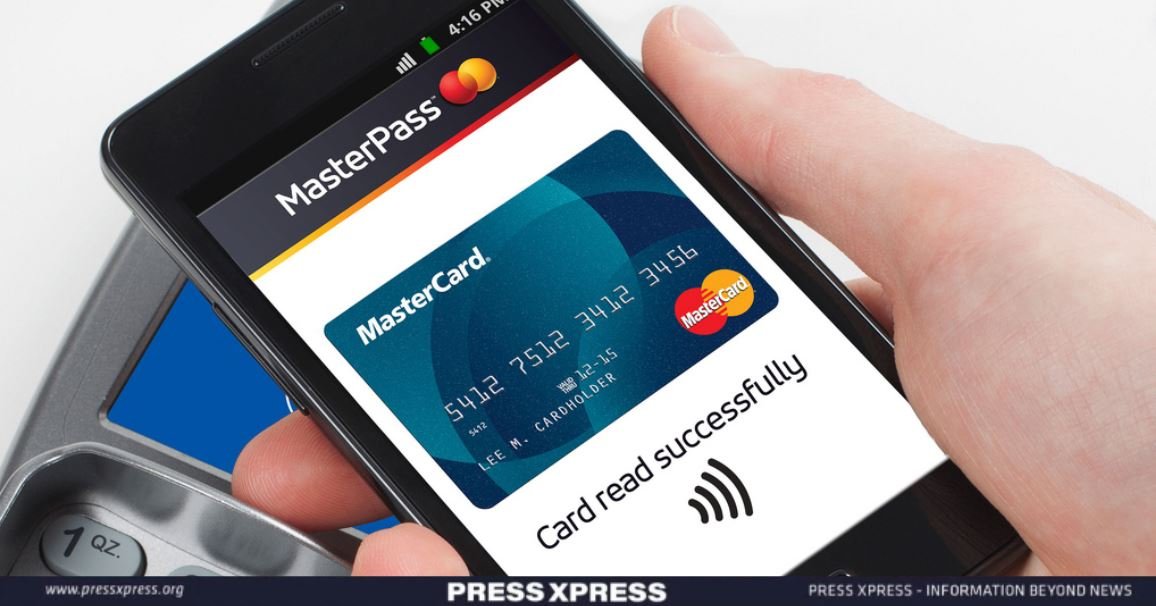Key highlights:
- In a 2020 worldwide survey, 86% of central banks were actively investigating CBDCs, up from 65% in 2017.
- The government of Bangladesh is actively pursuing a cashless transaction agenda, aiming to achieve a 75% reduction in cash transactions within the next 4 years.
- Mobile banking has surged to 220 million users by December 2023, with 40% internet connectivity and widespread mobile phone ownership.
Digitalization of Bangladesh has changed the whole paradigm of our social life. The digital shift has transformed daily life, affecting personal and professional activities like online shopping, travel planning, meal ordering, and bill splitting. This shift also extends to payments, with Bangladesh seeing rapid adoption of digital transactions.
According to Ahsan H Mansur of the Policy Research Institute of Bangladesh (PRI), the rise of central bank digital currencies (CBDCs) is a significant milestone in monetary evolution. CBDCs, akin to cryptocurrencies but with fixed values set by central banks, are gaining traction in recent days.
You can also read: Wage-Price Puzzle of RMG In Present Context
Moving from cash to cashless options like cards, QR codes, online payments, and digital wallets takes time and adaptation. Cashless payments offer advantages such as faster transactions, easier expense tracking, and improved security, including fraud detection—features absent in cash transactions.
Several countries, including Jamaica, Zimbabwe, Nigeria, and the Bahamas, have already introduced CBDCs officially, while many others are in various stages of research, development, or piloting similar initiatives.
In a 2020 worldwide survey, 86% of central banks were actively investigating CBDCs, up from 65% in 2017. By 2030, projections suggest there could be 15 retail CBDCs and 9 wholesale CBDCs in operation, according to a Bank for International Settlements study.
Bangladesh needs to address its digital readiness for successful CBDC implementation, facing significant cybersecurity challenges highlighted by past incidents like the Bangladesh Bank reserve heist. Compromised databases and frequent hacks raise privacy and security concerns for CBDCs, especially with widespread internet usage, amplifying worries about personal and financial data security.

How Payments Are Going Touch-Free?
Data provided by Bangladesh Bank illustrates a remarkable surge in card usage over recent years. At the point of sale (POS), card transactions witnessed a significant 58% increase from February 2020 to February 2023, amounting to Tk 2,392 crore. Similarly, online and e-commerce payments experienced staggering growth, expanding by 3.3 times during the same period to reach Tk 1,072 crore.
Contactless payments, initially introduced in 2018 exclusively for credit cards, have now extended to encompass debit and prepaid cards. Presently, cardholders can effortlessly make tap-to-pay transactions for amounts up to Tk 5,000 without the need for a PIN entry or two-factor authentication (2FA). The system ensures security through SMS alerts, providing users with peace of mind regarding the safety of their cards and funds.
Contactless payments offer numerous benefits: safety, speed, and convenience. With a simple card tap, transactions are swiftly completed, avoiding the hassle of cash. This method is ideal for busy locations like transit hubs, fast-food outlets, supermarkets, and fuel stations.
The government of Bangladesh is actively pursuing a cashless transaction agenda, aiming to achieve a 75% reduction in cash transactions within the next 4 years.
Mobile Banking Propels Digital Inclusion
Bangladesh prioritizes transitioning to a cashless society, with financial inclusion increasing to 50% and internet banking reaching 8 million users. Mobile banking has surged to 220 million users by December 2023, with 40% internet connectivity and widespread mobile phone ownership.
Aligned with the Smart Bangladesh initiative and national plans, the goal is to integrate marginalized communities into digital payments, aiming for 30% digital transactions by 2025 and complete adoption by 2031.
In alignment with the digital currency initiative, the City Bank has disbursed BDT 700 crore in loans via the bKash app, primarily aiding low-income individuals. With the central bank providing BDT 550 crore at 1% interest, borrowers benefit from a lower 9% interest rate, contrasting sharply with the typical 24-25% charged by NGOs.
Lankabangla Finance incentivizes cashless transactions with year-round discounts and 0% Ezypay installments. Exclusive cashback opportunities during occasions like Eid and Puja are offered across various segments, including groceries (12% cashback), lifestyle products (up to 25% cashback), and electronics (10% discount).
How Are Other Countries Pioneering Digital Currency?
Jamaica, led by the Bank of Jamaica (BOJ), has pioneered the completion of its CBDC pilot project, aiming to promote a cashless society and enhance financial inclusion. The BOJ introduced digital currency worth $230 million, distributed to wallet providers and retail customers.
Nigeria recently launched eNaira, becoming Africa’s first CBDC issuer. However, its uptake has been slower than expected, with less than 0.5% of Nigerians currently using it. Nevertheless, the Nigerian government is committed to promoting CBDC adoption through various incentives.
The Bahamas introduced the Sand Dollar, establishing itself as a leading live CBDC. Despite its size, global digital currency developers and policymakers closely monitor its CBDC venture.
The Central Bank of the Bahamas highlights 4 key factors for fostering CBDC adoption: establishing a network of CBDC-
- Accepting merchants
- Ensuring interoperability with traditional banking systems
- Involving the traditional banking sector and credit unions
- Building user confidence in the CBDC system.
What Should Bangladesh’s Next Leap Look Like?
Bangladesh has progressed, but more improvement is possible. Policymakers should focus on critical CBDC functions: enhancing financial efficiency and transparency, implementing effective monetary policy, and efficiently providing social protection allowance. They should also foster a digital financial ecosystem.
Updating digital infrastructure and regulatory frameworks, improving digital literacy, addressing the digital divide, and ensuring data security are also crucial.
Businesses must ensure accessibility to all consumers, regardless of location or socio-economic status. At the same time, consumers should adapt to digital payments confidently and advocate wider adoption.
As the world rapidly transitions towards a digital future, Bangladesh stands at the precipice of transformative change in its payment landscape. The surge in card usage, the exponential growth of mobile banking, and the pioneering strides towards central bank digital currencies illuminate a path towards a touch-free, cashless economy.


